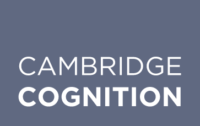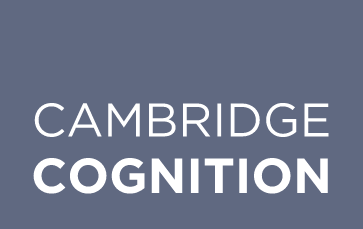Resource centre
News & insights
Whitepapers, publications & posters
13 October 2025
DIS | Posters & Presentations
30 September 2025
CTIS | Posters & Presentations
25 September 2025
ISCTM and ECNP | Posters & Presentations
11 September 2025
How Picture Description Tasks Can Help Track Cognitive Health Remotely
18 August 2025
Cognition in The Blood (Biomarker)
25 June 2025
AAIC25 | Posters & Presentations
14 March 2025
SIRS 2025 | Posters & Presentations
11 March 2025
AD/PD 2025 | Posters & Presentations
28 January 2025
ISCTM 2025
06 January 2025
Enhancing Patient Outcomes in ADRD: Digital Measures that Matter
01 November 2024
CTAD24 | Posters & Content
29 October 2024
CTAD24 | Clinical Trials on Alzheimer's Disease
18 October 2024
Clinical Trials Innovation Summit 2024
eBooks & whitepapers
Webinar recordings
07 July 2021
Voice Technology in Clinical Trials
29 September 2020
Remote Cognitive Testing and Lessons Learned During Lockdown
23 March 2017
Leveraging Cognitive Measures in Clinical Trials

